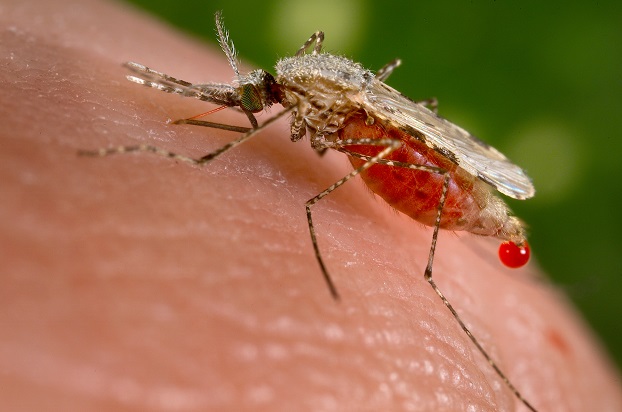Health experts have called for intensified awareness and efforts to eliminate disease-carrying mosquitoes in Uganda, stating that the parasites have evolved threatening the effectiveness of the existing malaria tools.
The experts’ assertion came ahead of World Mosquito Day, a global commemoration observed on August 20, annually to honour the discovery by Sir Ronald Ross, a British Doctor in 1897 that female Anopheles mosquitoes transmit malaria between humans.
Uganda is commemorating the day under the theme, “Prevent the Bite,” in furtherance of a renewed campaign aimed at raising awareness of the threat still posed by mosquito-borne diseases and highlighting efforts in the fight against malaria.
The Chairperson of the Parliamentary Forum on Malaria Dr Timothy Lusala Batuwa says Uganda records at least 100,000 malaria deaths annually, a toll that exceeds that of HIV/AIDS and believes that today’s celebration of World Mosquito Day should reawaken the fight against the disease.
The most at-risk population for malaria in the country include children under the age of five, pregnant mothers, people living with sickle cell anaemia, HIV/AIDS patients, and people living in refugee camps. For these, the government has encouraged several interventions which include the use of insecticide-treated nets, indoor residual spraying, and destroying breeding grounds like bushes, and logged water, among others.
Alex Musiime, an Entomologist under the Vector Control Division of the Ministry of Health told URN in an interview on Saturday that people should also embrace long outfits, especially in the evening, in order to safeguard against mosquito bites.
Geoffrey Eric Mutiwa, the Member of Parliament for Bunyole West Constituency in Butaleja District urged all citizens to heed to the call to action to eliminate mosquitoes that continue to cause an economic burden on families.
The World Health Organization – WHO Report 2022 indicates that countries in Sub-Saharan Africa contribute to 234 million cases of malaria globally. Six countries including Uganda, contribute 55 per cent of the global cases. Uganda ranks 3rd in Africa after Nigeria and the Democratic Republic of Congo – DRC.
Research shows that worldwide there are more than 3,500 species of mosquitoes, with 837 of those species in Africa. More than 500 Anopheles species have been profiled, and more than 30 are considered a public health problem.
-URN





